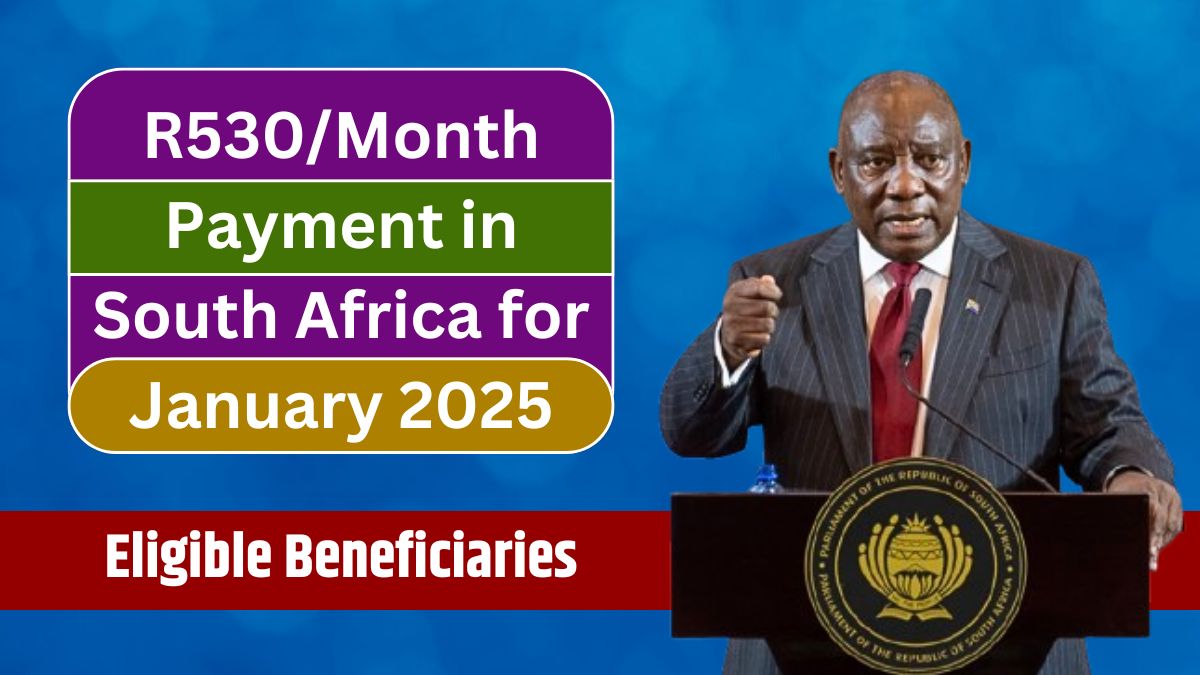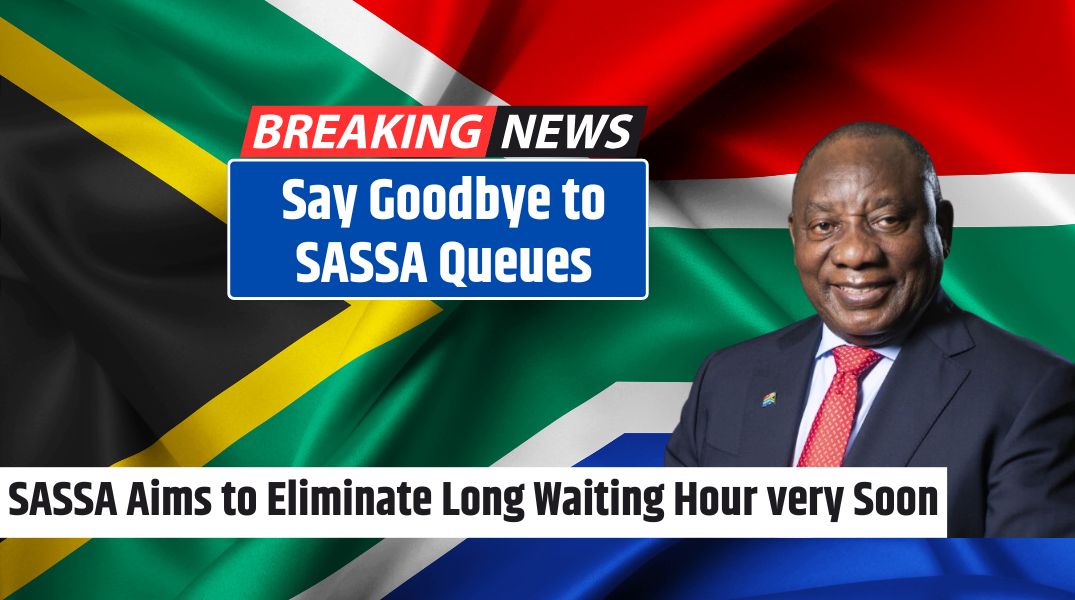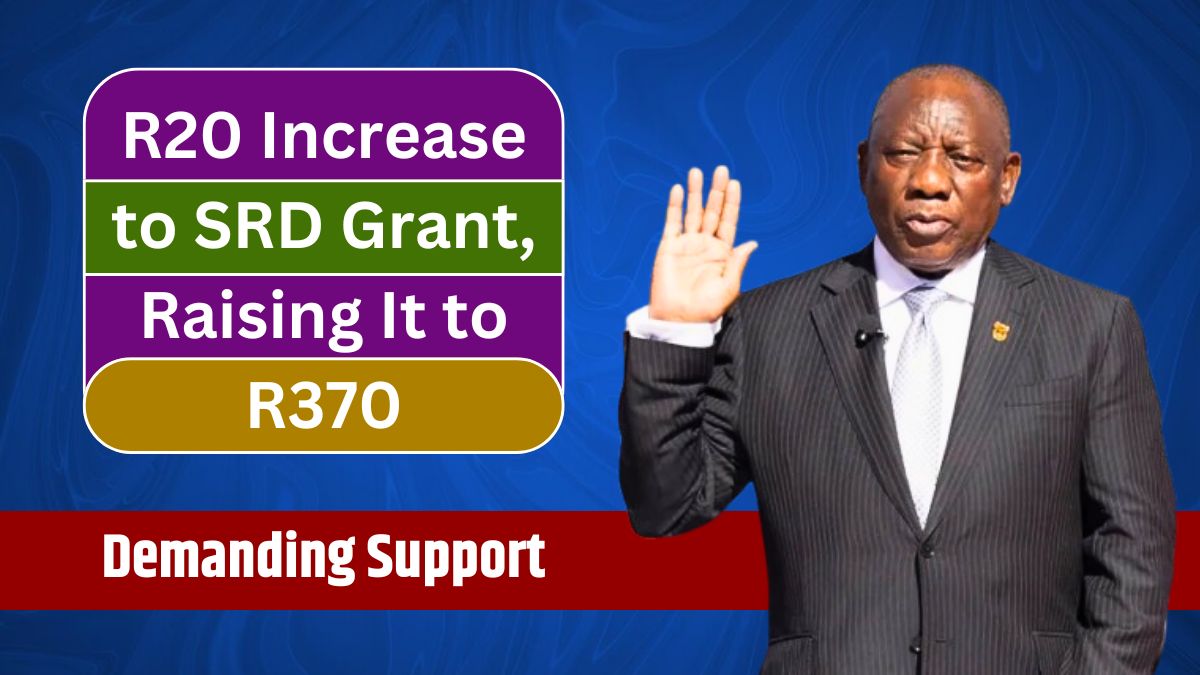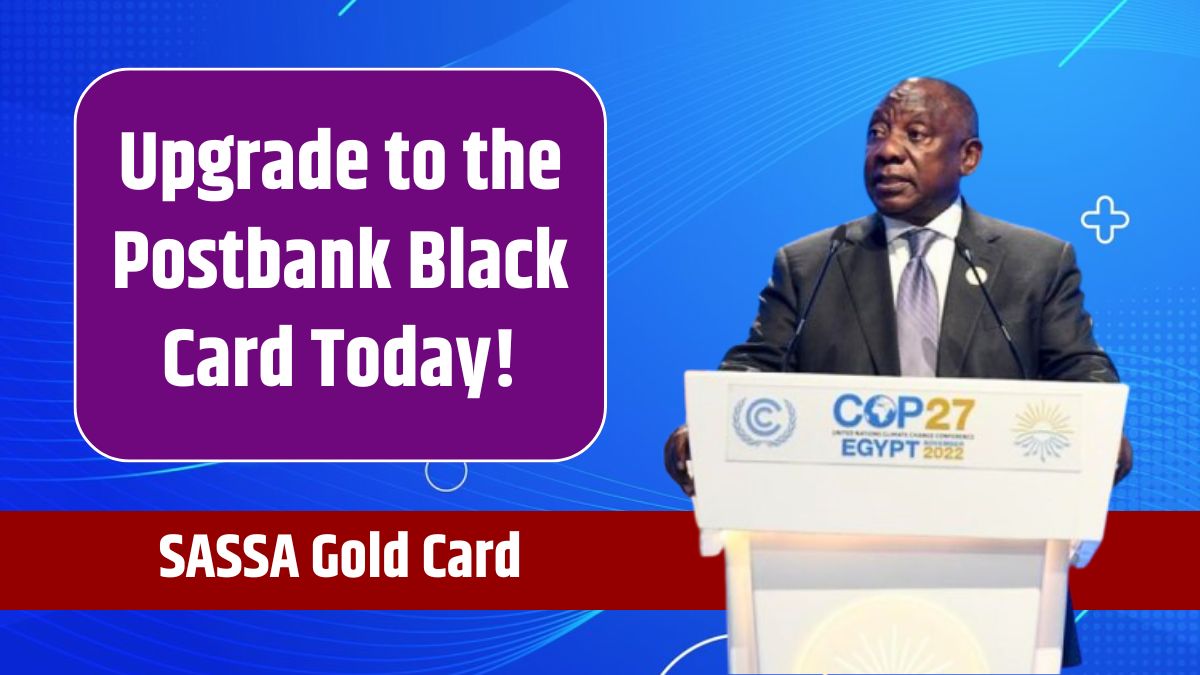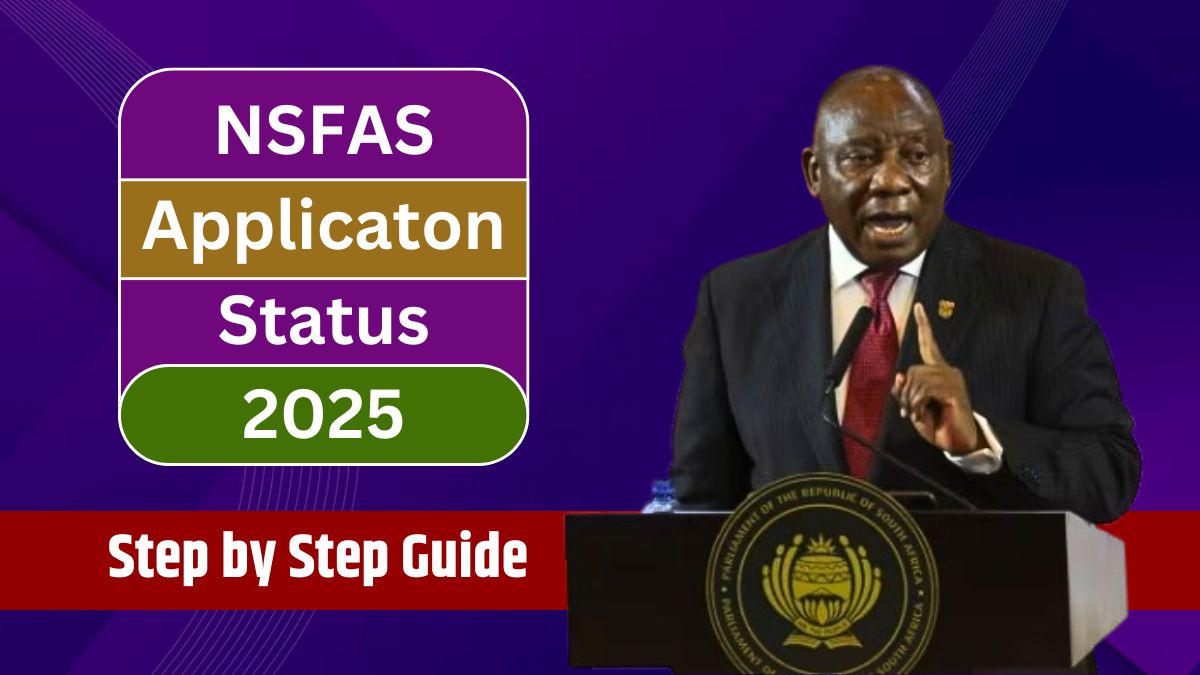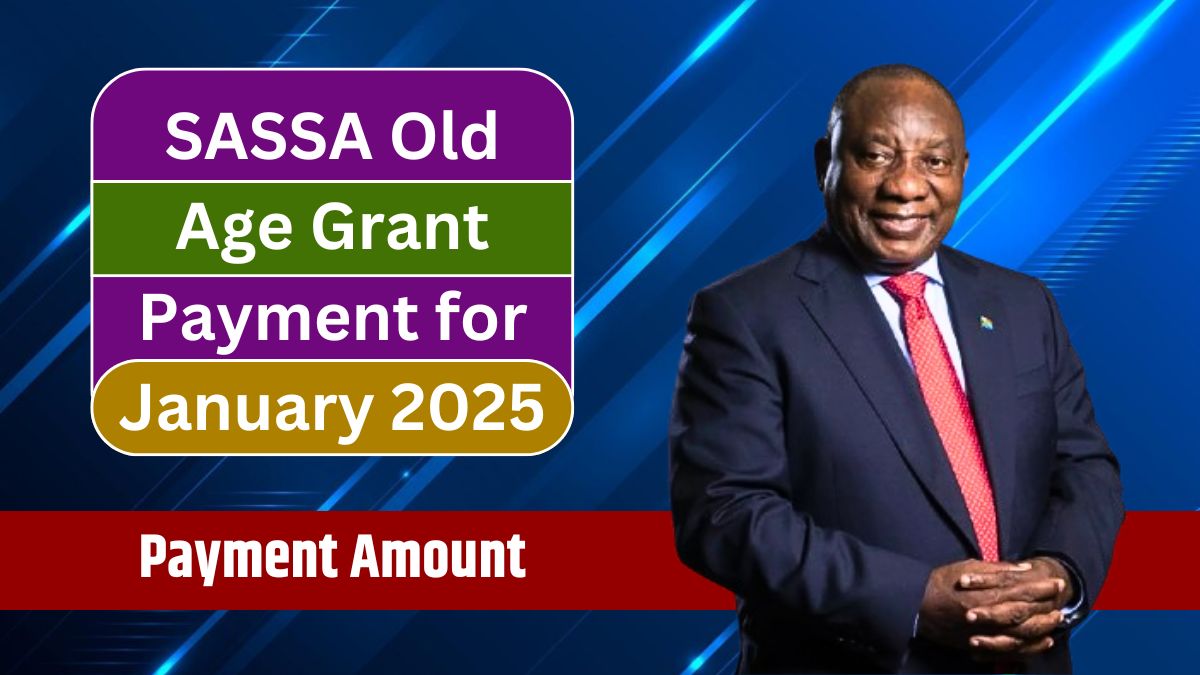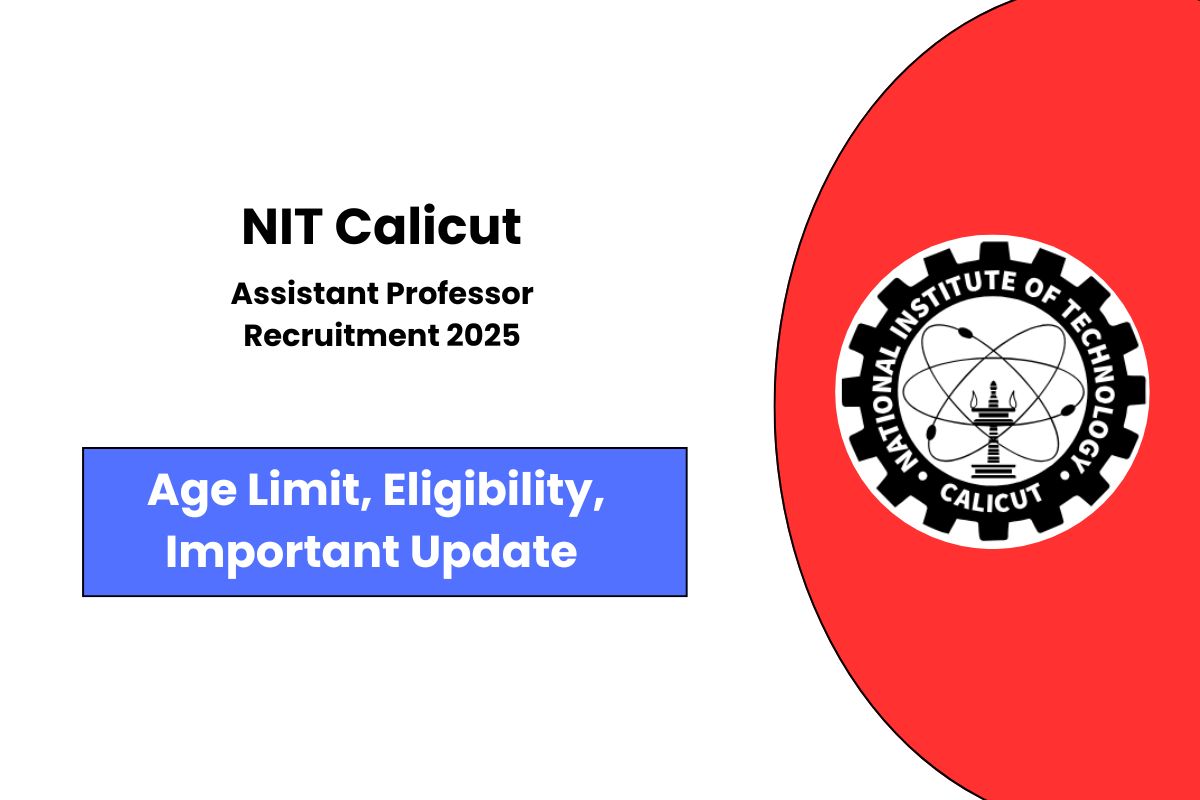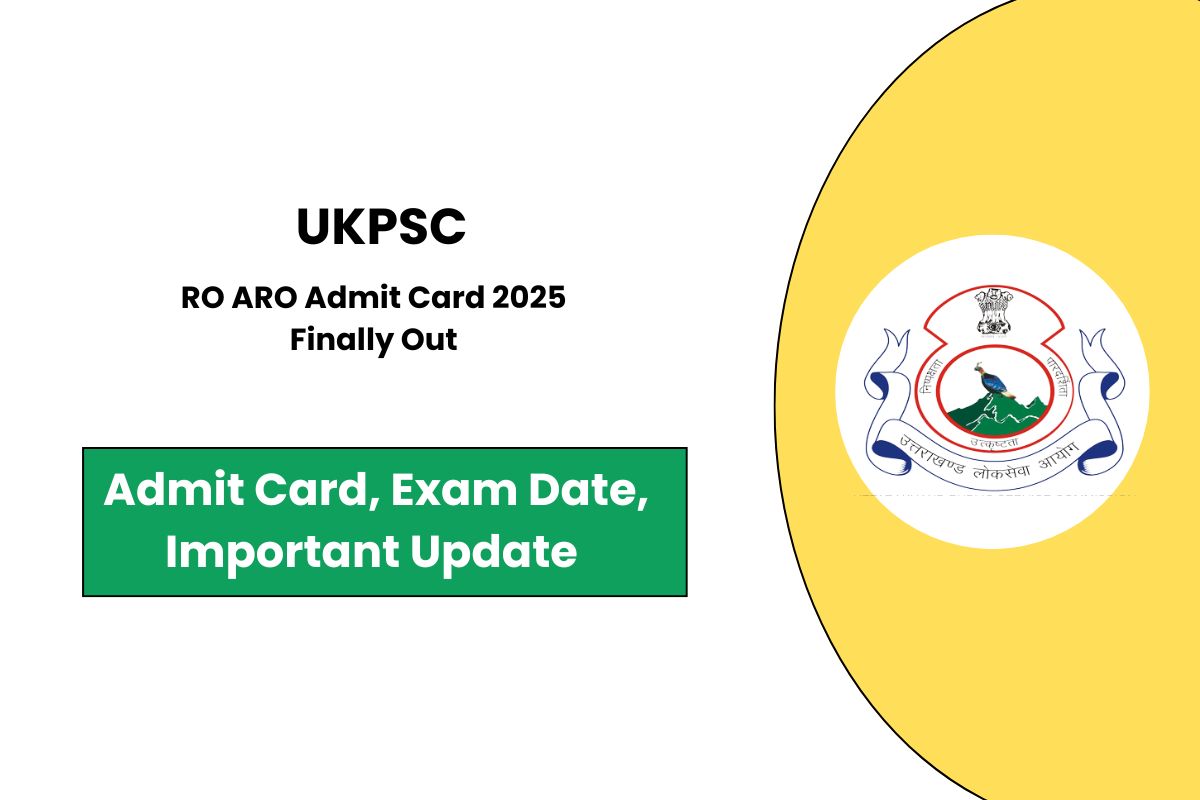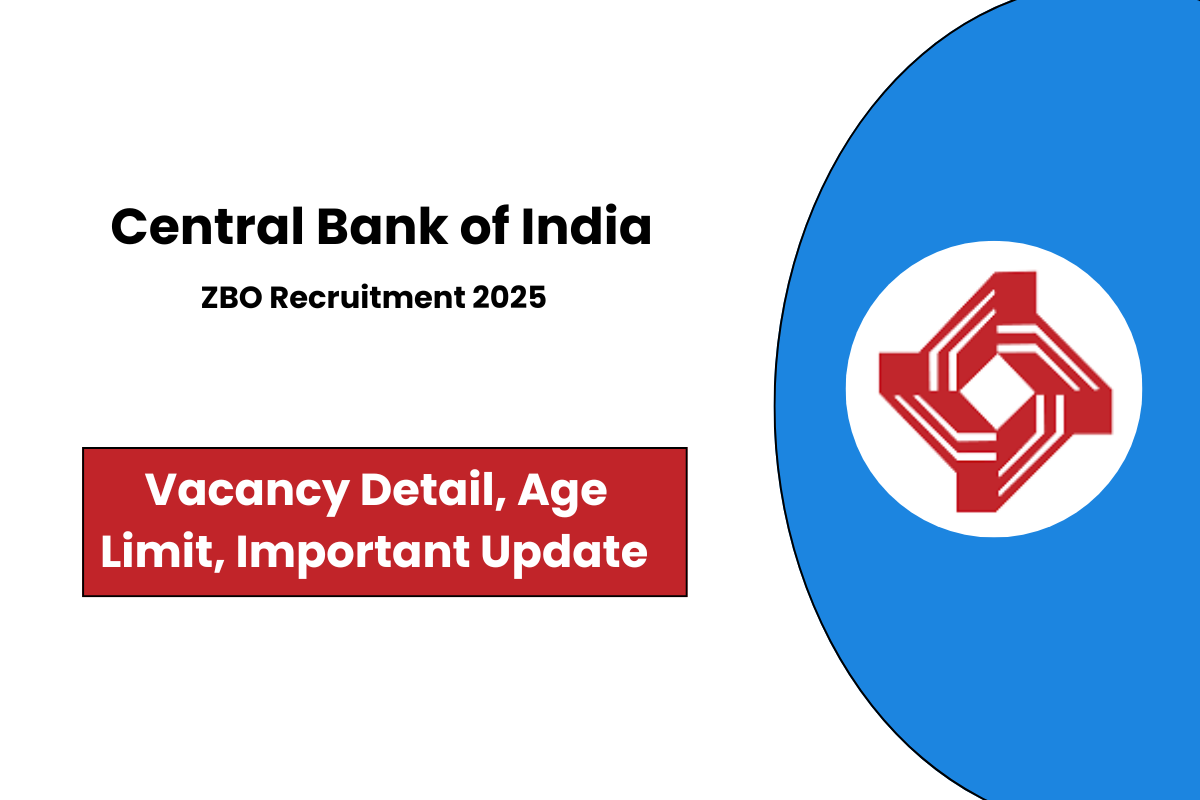In January 2025, the South African Social Security Agency (SASSA) will distribute the R530 monthly Child Support Grant to eligible caregivers. This essential support aims to alleviate financial pressures on low-income families, ensuring children’s basic needs are met. Let’s cut into the details of who qualifies, when payments are made, and how to access these funds.
Overview
The R530 Child Support Grant is a financial lifeline for families with children under 18. This monthly allowance enables caregivers to provide essentials such as food, healthcare, and education, reducing child poverty and improving overall quality of life.
Eligibility
Not everyone qualifies for the Child Support Grant. Here’s what SASSA requires:
- Caregiver Type: Parents, guardians, or primary caregivers of children under 18.
- Income Threshold:
- Single caregivers earning less than R48,000 annually.
- Married caregivers with a combined income below R96,000 annually.
- Residency: Both the caregiver and child must be South African citizens or permanent residents.
For detailed documentation and eligibility checks, visit SASSA’s official website.
Payment Schedule
Planning finances becomes easier with a clear payment schedule. Here’s when the grants will be distributed in January 2025:
| Grant Type | Payment Date |
|---|---|
| Older Persons Grant | Tuesday, 5 January 2025 |
| Disability Grant | Wednesday, 6 January 2025 |
| Child Support Grant | Thursday, 7 January 2025 |
Funds remain available until withdrawn, so there’s no rush to access the money on the scheduled day.
Accessing Payments
Beneficiaries can choose from various methods to access their funds:
- Direct Bank Deposits: Secure transfers directly to the beneficiary’s bank account.
- ATMs: Withdraw cash using the SASSA-issued card.
- Retail Outlets: Stores like Pick n Pay, Shoprite, Checkers, and Boxer allow cash withdrawals at their tills.
Applying for the Grant
New to the process? Follow this guide to apply for the Child Support Grant:
Step 1
Prepare these essentials:
- Certified copy of the child’s birth certificate.
- South African ID for the caregiver.
- Proof of income or an affidavit if unemployed.
- Proof of residence.
Step 2
Submit your application in person at any SASSA office, where staff will verify your documents and eligibility.
Step 3
SASSA reviews your application and informs you of the outcome via SMS or letter.
Step 4
Select how you’d like to receive your funds—direct deposit, cash collection, or retail outlet access.
Step 5
Approved beneficiaries can expect their payments to begin the following month.
Maintaining Eligibility
To ensure uninterrupted payments, beneficiaries must:
- Report Income Changes: Notify SASSA if your income exceeds the qualifying limit.
- Update Personal Details: Keep your contact information and address current.
- Reconfirm Eligibility: Some beneficiaries may need to renew their eligibility annually.
Denial and Appeals
If your application is denied, don’t lose hope. You have options:
- Reassessment: Request a review of your application and provide additional documents if necessary.
- Formal Appeal: File an appeal within 90 days of the denial.
- Contact SASSA: Visit a local office or call the helpline for clarity on why your application was rejected.
Clearing Up Misconceptions
Many myths surround the Child Support Grant. Here are some common misunderstandings debunked:
- Not Just for Parents: Legal guardians or primary caregivers also qualify.
- Unemployment Isn’t a Barrier: The grant supports low-income families, including those who are unemployed.
- No Spending Restrictions: Funds can be used for any basic needs to improve the child’s quality of life.
FAQs
Who qualifies for the Child Support Grant?
Caregivers of children under 18 who meet income requirements.
How much is the Child Support Grant?
The grant is R530 monthly as of January 2025.
When will January 2025 payments be made?
Child Support Grant payments start on 7 January 2025.
What documents are needed for application?
Child’s birth certificate, caregiver ID, income proof, and residence proof.
Can I appeal a denied application?
Yes, you can request a reassessment or file a formal appeal.
